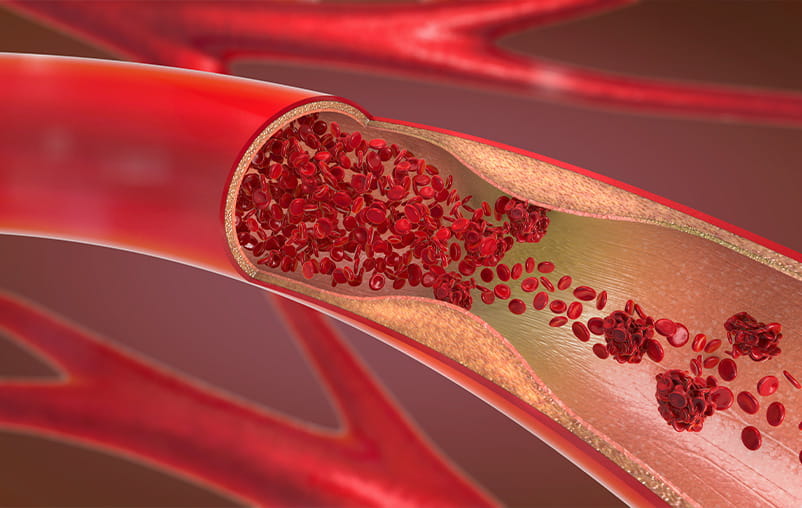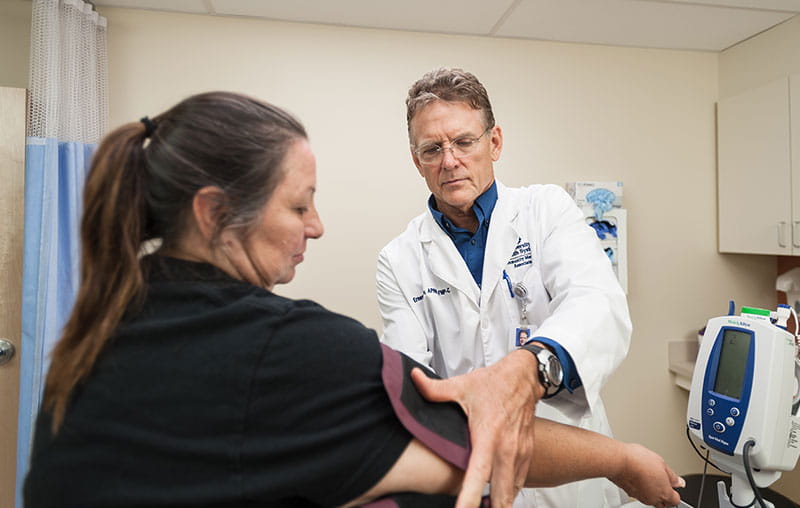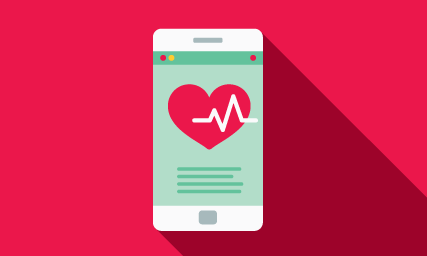Your heart is the most important muscle in your body. Like any other muscle, it needs both regular exercise and adequate rest. Bad habits — like being a couch potato or skimping on sleep — can harm the heart and raise your risk of heart disease.
The main function of the heart is to deliver blood and oxygen throughout the body. When the heart is compromised in some way, the health of every other organ is also at stake.
Heart disease is the leading cause of death in the United States. The most common type of heart disease is coronary artery disease (CAD), which affects blood flow to the heart and can lead to heart attack. Every year, about 805,000 Americans have a heart attack, or one person every 40 seconds.
Making lifestyle changes, no matter how small they may seem, could have a big impact on your overall health and well-being.
“It's difficult to do a 180-degree change. If you're used to eating certain foods, for example, it's hard to stop completely,” says Dr. Kevin Nguyen, a family physician with University Health. “Taking incremental steps is a better way to change your lifestyle than changing for a week and then quitting.”
6 Common Habits That Damage the Heart
Some unhealthy habits that take a toll on your heart include:
1. Low or No Physical Activity
A sedentary lifestyle can lead to heart disease, even for people who have no other risk factors. It can also increase the likelihood of developing other heart disease risk factors, such as:
- Obesity
- High blood pressure
- High blood cholesterol
- Type 2 diabetes
2. Poor Diet
Eating lots of foods high in saturated fat and trans fat causes plaque to build up in your arteries, making the heart have to work harder to pump blood throughout the body. Excessive salt can increase your blood pressure.
Find heart healthy recipes on our website.
3. Smoking
Smoking is an inflammatory process that harms nearly every organ in the body, including the heart. It is a major cause of heart disease and stroke.
Learn how University Health providers can help you quit smoking.
4. Excessive Alcohol Consumption
Drinking alcohol can raise your blood pressure and levels of triglyceride fats in your blood.
5. Skipping Sleep
Not getting enough good-quality sleep puts more stress on the heart. Over time, sleep deficiency can raise your risk of heart disease, obesity, high blood pressure, Type 2 diabetes and stroke.
6. Unmanaged Stress
Being in a prolonged “fight-or-flight” state raises your blood pressure and other heart disease risk factors.
How to Change Bad Habits
The first step to changing bad habits that harm your heart is to check in with your primary care provider or cardiologist.
“Get in touch with your doctor to talk about how you can continue on a healthy path,” Nguyen says. “We can give you options and have lots of resources, from non-medical interventions to medical interventions.”
Make Heart-Healthy Choices
Living a heart-healthy lifestyle can lower your risk of developing heart disease that could lead to a heart attack. Starting small is key — for example, if you’re used to having fried foods daily, start eating them in moderation rather than cutting them out of your diet completely. Or try taking the stairs instead of the elevator when you can.
Stress reduction techniques like talking to a professional counselor or practicing meditation can also improve heart health. Learning how to manage stress may also help with avoiding unhealthy coping mechanisms such as smoking and drinking alcohol.
“Staying healthy is very multifactorial, and your primary care doctor is your best place to start,” Nguyen says. “If you’re concerned about heart disease, a cardiologist is an amazing specialist to see as well.”
Cardiology at University Health
Learn more about the award-winning cardiology services for adults, children and adolescents at University Health in San Antonio.






